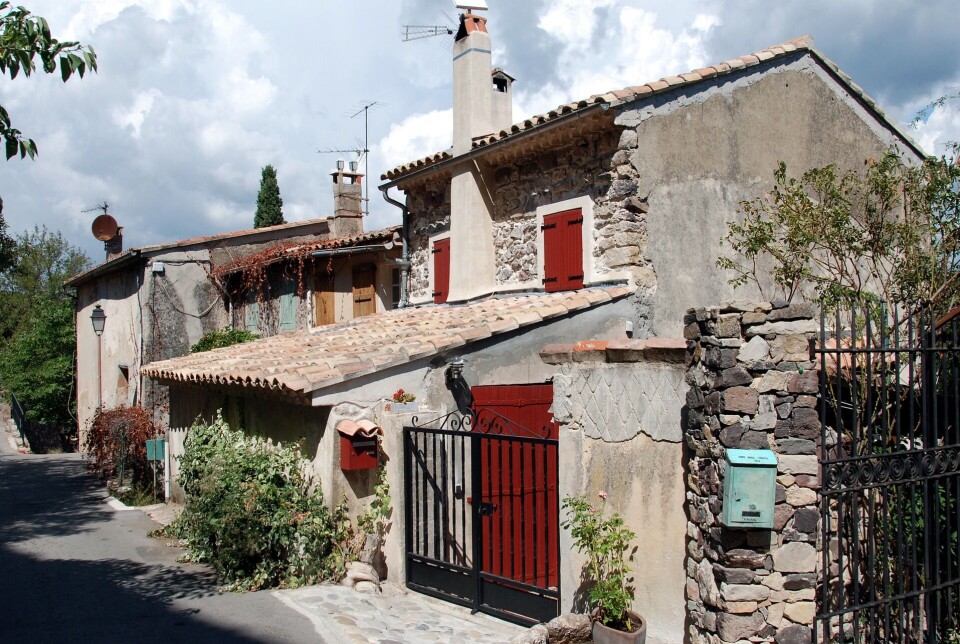-
House cracking threat spreads to new areas in France, putting 12 million properties at risk
Map from environment ministry shows more than half of country at risk
-
France’s home renovations grants relaunch: key points to know
MaPrimeRénov’ is once again available to households of all income levels
-
Did you know? These plants are forbidden in French gardens
Invasive species cannot be sold, planted, or exchanged
How to cancel a French property 'tontine' clause in case of divorce
Barbara Heslop of Heslop & Platt answers a reader query on how to go about cancelling a ' tontine' clause when a divorce occurs

Reader question: My husband and I are divorcing. We bought a property in France en tontine in 2002. The property was our main home but since returning to the UK in 2010, I have used it for holidays only. I have paid all of the local taxes and bills for the last 10 years. As part of our divorce agreement, I am to become the sole owner. Please let me know the best route to take from here: transfer of ownership, costs, etc.
A French notaire will need to draw up the deeds to cancel the tontine clause and transfer ownership to you. You will probably have to complete two deeds: the first being to confirm the dissolution of the tontine clause, the second to effect the transfer of your ex-husband’s share to you.
A tontine clause can only be cancelled if both you and your ex-husband agree.
Fees/taxes are assessed on a scale according to the current value of the whole property. A good first step would be to obtain a valuation from a local estate agent or expert immobilier.
Transfer tax will be charged at 1.8% on the full value of the property, with the notaire’s fees to be added on top of this.
From January 1, 2022, transfer tax will be 1.1%.
The transfer deed will show the basis on which the transfer is taking place, usually pursuant to a consent order agreed in connection with your divorce.
If there is no consent order because you have agreed the financial split of your assets informally, payments you have made for the last 10 years can be recorded in the deed as the soulte (financial compensation).
It will not be necessary to travel to France to sign the French deeds. Instead, the notaire will draft a power of attorney for each of you to sign, either in front of a UK notary public or with a UKbased solicitor specialising in French law. This authorises one of the notaire’s clerks to sign the deeds on your behalf.
The UK notary public may insist on a translation or summary in English of the French power of attorney.
Related stories
Can we divide our plot in France to sell part for building land?
France tax deadline and UK budget: Time to review your plans
























